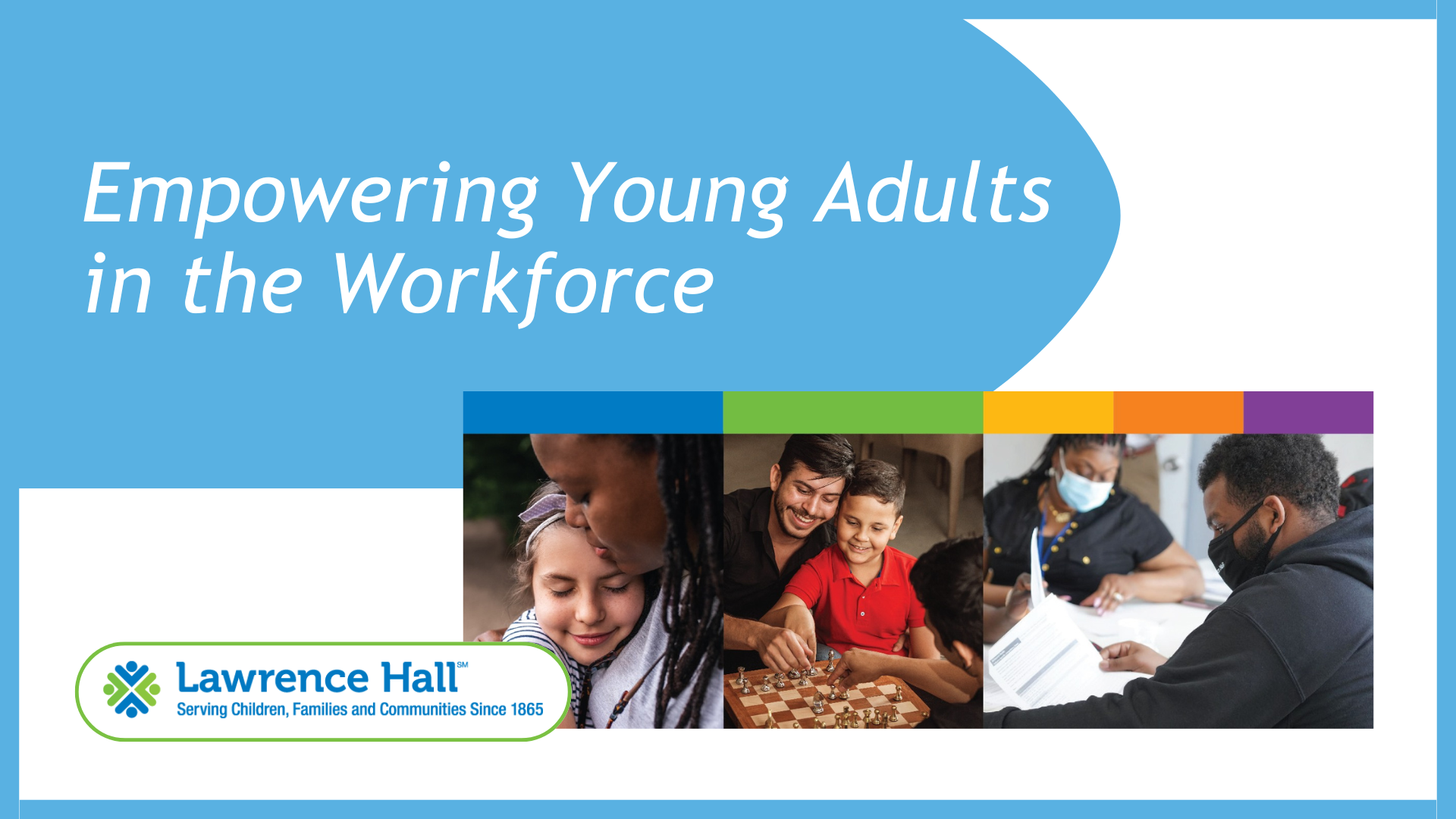Empowering Young Adults in the Workforce: Addressing Barriers & Fostering Success
Published:
Young adults face a unique set of challenges when entering the workforce, with systemic barriers, personal experiences, and lack of support often hindering their path to employment. Research by Code for America and the Memphis Youth Participatory research team underscores the significance of negative experiences in accessing services, lack of tailored programs, and limited exposure to career pathways. These factors, combined with potential adversities, can create formidable obstacles to success.
Understanding the Impact of Adversity
While adversity can come in many forms, it's important to recognize that it does not define an individual's potential or designated pathway to their future. However, it can impact emotional regulation, cognitive function, and social skills – all critical for success in the workplace. Young people may struggle with:
- Building Trusting Relationships: Past experiences can make it difficult to trust authority figures or form positive connections with colleagues.
- Emotional Resilience: Developing coping mechanisms for stress, anxiety, or frustration is essential for navigating the workplace.
- Focus and Concentration: Adversity can sometimes impact cognitive function, making it harder to focus on tasks.
Identifying Common Barriers to Employment
Beyond adversity, young adults encounter various obstacles to employment:
- Limited Support Systems: Lack of strong family or community support can leave young people without guidance or resources.
- Socioeconomic Disparities: Growing up in under-resourced communities can limit access to quality education, job training, and mentorship.
- Educational Disparities: Dropping out of school or lacking academic support can lead to skill gaps and diminished confidence.
- Justice Involvement: According to the National H.I.R.E. Network, 87% of employers conduct criminal background checks, making it difficult for individuals with a record to secure employment.
Lawrence Hall: A Model for Holistic Support
Organizations like Lawrence Hall in Chicago are dedicated to empowering young people who have faced adversity. Their comprehensive programs provide a range of services, including housing, mental health support, education, and vocational training. Lawrence Hall's holistic approach recognizes that success in employment involves more than just finding a job.
Lawrence Hall functions from a strengths-based perspective while recognizing that many of the youth we serve come to us with significant risk-factors. Our job is to help build their protective factors through providing supportive adults, linkage to community-based services, education, employment, and the support for strengthening of their family unit.
According to Lawrence Hall's Youth and Community Development (Community Wellness and Workforce Development) departments, in fiscal year '23:
- Lawrence Hall provided services to 447 youth.
- 92% of the youth served came from South Shore or the immediate surrounding neighborhoods of South Chicago, Greater Grand Crossing or Woodlawn.
- 82% of youth served had experienced at least one traumatic event in their life.
- Nearly 30% experienced housing insecurity.
- 206 youth were disconnected from school or work at enrollment.
- 20% of youth referred came directly from a justice system partner (Cook County Juvenile Probation, the Juvenile Justice Collaborative, Illinois Department of Correction, Illinois Department of Juvenile Justice). However, 40% or 145 of youth served had documented juvenile or adult justice system involvement; one of several eligibility criteria for program involvement.
Empowering Through Education and Skill Development
To overcome barriers, young adults need holistic support that addresses their individual needs and equips them with the tools to navigate the workforce:
- Trauma-Informed Care: Creating safe, supportive environments that acknowledge the impact of adversity.
- Life Skills Training: Teaching communication, problem-solving, conflict resolution, and financial literacy.
- Career Readiness Training: Preparing young people for the job search, including resume writing, interview skills, and professional etiquette.
- Social-Emotional Learning (SEL): Developing emotional intelligence, self-awareness, and interpersonal skills.
- Beyond the Job Offer: Sustained Support: Securing a job is a milestone, but long-term success requires ongoing support. This can include mentoring, coaching, financial literacy education, and continued learning opportunities.
RiseKit: Streamlining Pathways to Success
RiseKit is committed to empowering young people by streamlining the path to quality careers. Our platform connects young adults with resources, training, and support, while also providing employers with a powerful tool to identify and engage with diverse talent.
A Collective Effort: Building a Brighter Future
Addressing the challenges faced by young people requires a collaborative effort from employers, educators, and community organizations. This includes:
- Employer Engagement: Offering internships, apprenticeships, and job shadowing opportunities to expose young people to different career paths.
- School Partnerships: Integrating career readiness training into curricula and partnering with employers to create seamless transitions from education to employment.
- Community Investment: Supporting community-based organizations that provide comprehensive services for young people.
By working together, we can unlock the potential of young adults and create a more equitable and prosperous future for all.
Interested in learning more about how to support young adults in your community?
Connect with us!


-1.png)
-3.png)
-1.png)